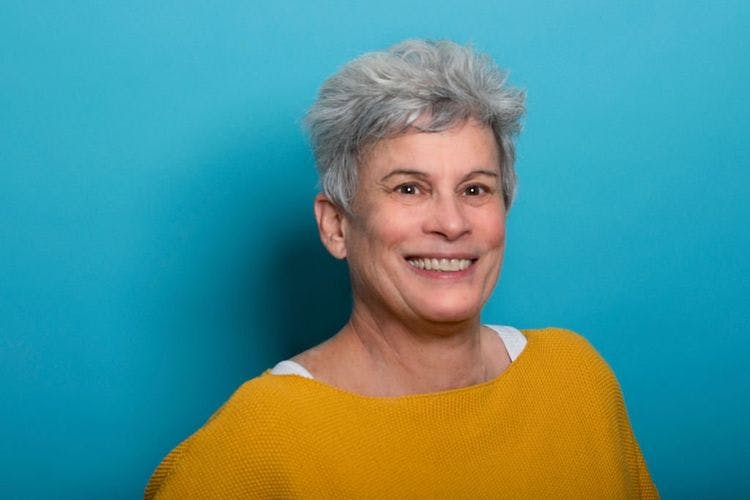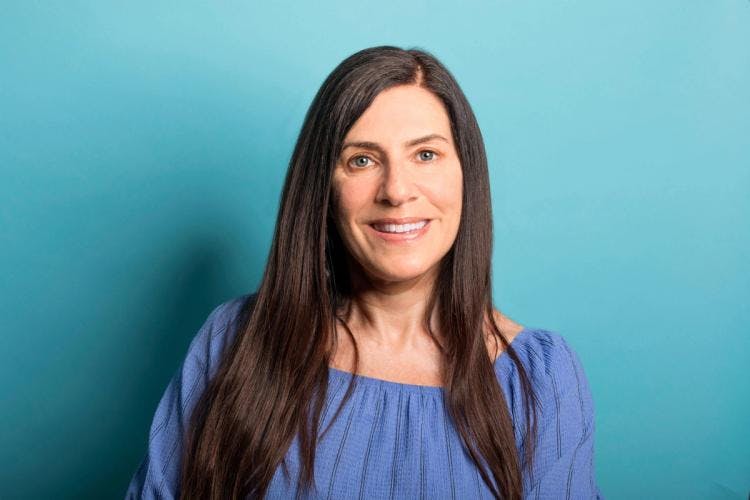Divorce is a major life transition that can evoke a range of emotions, from grief and anger to confusion and uncertainty. At Clarity Clinic, we understand the complexities of divorce and its impact on mental, emotional, and physical well-being. Our divorce therapy approach is rooted in empathy and understanding, offering you a space to explore, heal, and rebuild.
Divorce is a multifaceted issue that occurs over time. When examining the reasons that people get divorced, three important factors need to be taken into consideration- gender, socioeconomic status, and life-course variables. Variances in these factors lead to different internal and external problems, which lead to different causes for divorce.
Differences in life course variables are the final factor that leads to divorce. Life-course variables are events that happen at a specific or extended period in one’s life. The most pertinent life course variables regarding divorce are age at marriage and the presence of children. Those that marry at a young age are more susceptible to divorce for two reasons. They may not be as psychologically mature as their older counterparts, meaning they are more likely to change and grow apart with time. The other reason is that marital happiness declines over the long term, so younger couples have a larger window of time to experience this.
Divorce is a difficult, life-altering experience that is mentally, emotionally, and financially agonizing for both partners. In many ways, divorce is a recovery process that nobody should have to endure on their own. A person going through a divorce may experience feelings of guilt, fear, anxiety, depression, and grief. For those that previously struggled with mental health issues, specifically anxiety, and depression, the process of a divorce can exacerbate these problems as they may view the divorce as a personal failure. Working with a therapist will provide divorcees with the strength and necessary skills to weather the storm of the divorce by equipping them with an outlet for a rational and objective perspective. The purpose of divorce therapy is to aid people in their journey of self-rediscovery. It will help them to see the opportunities for personal growth and development that this new life transition presents them with.
Every individual's experience with divorce is unique, and so is their path to healing. Our experienced therapists work closely with you to develop a personalized divorce therapy plan that addresses your specific needs and goals:
Our discernment counseling encompasses a range of focus areas designed to support you through various aspects of the divorce process:
Our Divorce Therapy program equips you with practical tools to rebuild your life and thrive after divorce:
Divorce therapy is most commonly sought out on an individual basis. Therapy is tremendously beneficial at all stages of the divorce process. Seeking help before or during the divorce process is often the most effective way in aiding individuals with the pending life transition. It will help them develop constructive methods to cope with stress and negative self-image issues that frequently arise during the divorce. By proactively seeking out help, individuals are laying the foundation to build their new life.
If receiving therapy before or during the process of a divorce is not an option, it is strongly suggested that one seeks professional help after the divorce has been finalized. While many people choose to “go it alone”, the professional help of a therapist will help them to see the changes within themselves that they may have not noticed. A challenging life transition like a divorce almost always has unintended psychological consequences that often go unnoticed when introspectively examining oneself. In other words, a person with no previous mental health issues goes through a divorce, they may develop symptoms of depression or anxiety. If this is something they’ve never experienced, it would be difficult to recognize and can impact their daily life.
Above all, individual therapy gives individuals an outlet to air out their stories. This serves as a mental and emotional release that brings new constructive perspectives to light that would’ve otherwise gone undiscovered. Talking about the divorce with a therapist in a confidential setting allows people to achieve peace of mind because they can speak freely about whatever issue is truly bothering them without the fear of judgment. Once the problems most pertinent to individuals receiving therapy have been identified, the therapist can help them develop goal-oriented methods to overcome them.
It is important to keep in mind that seeking professional help is by no means a sign of weakness. In fact, it’s the exact opposite. The stigmatization of seeking psychological assistance has prevented people from getting the help they need when they need it the most. The goal of counseling at our Chicago offices and online is to help people grow and become the best person they can be.
If you're ready to navigate the complexities of divorce with support and empowerment, Clarity Clinic is here for you. Our dedicated mental health team is committed to helping you heal, rebuild, and embrace a new chapter in your life.




















Our Services
Virtual/Online CarePHP and IOPAdult PsychiatryChild & Adolescent PsychiatryAdult TherapyChild & Adolescent TherapyCouples CounselingFamily TherapyGroup TherapyPsychological TestingTranscranial Magnetic Stimulation (TMS)